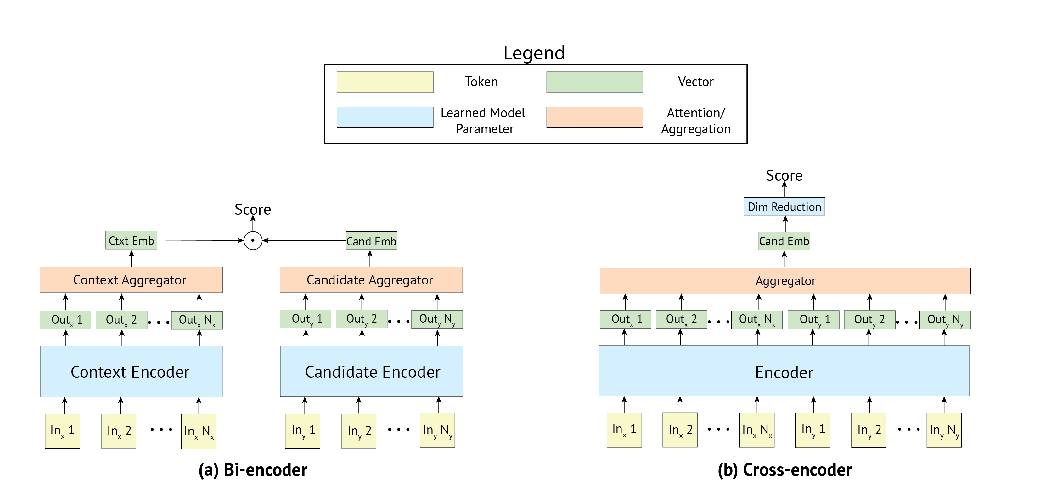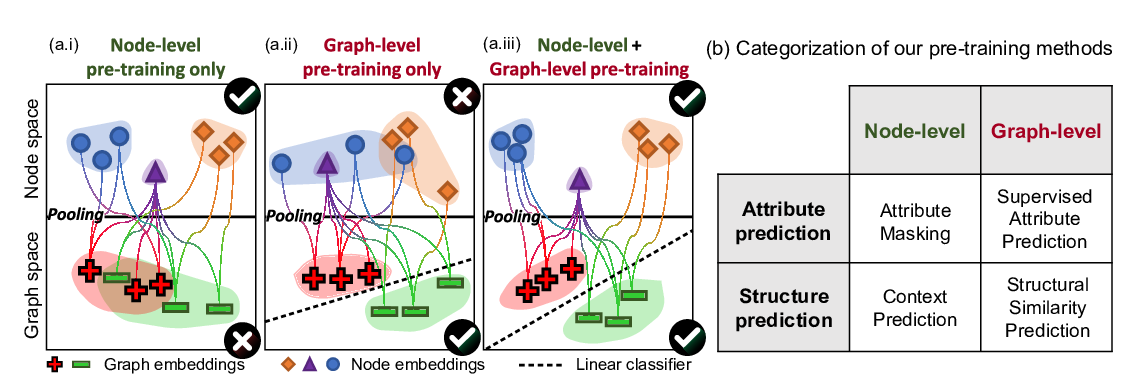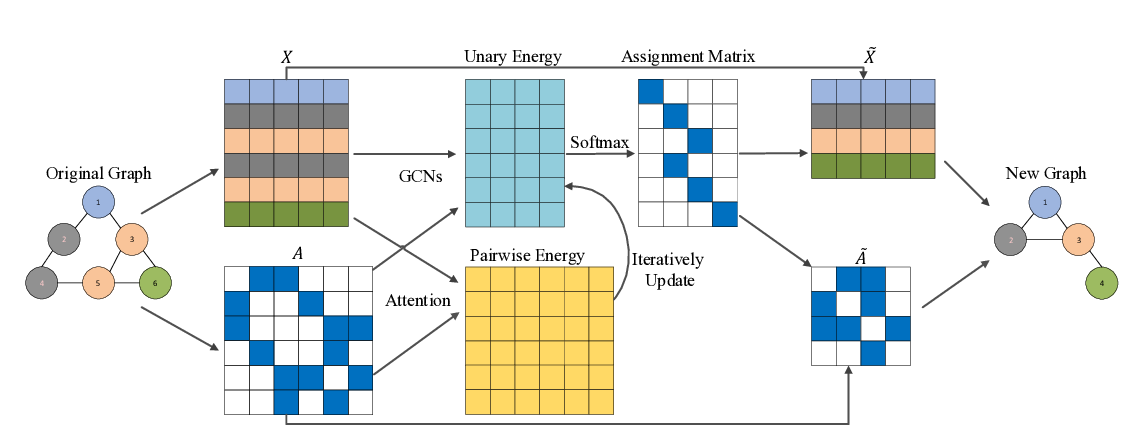Abstract:
Traditional set prediction models can struggle with simple datasets due to an issue we call the responsibility problem. We introduce a pooling method for sets of feature vectors based on sorting features across elements of the set. This can be used to construct a permutation-equivariant auto-encoder that avoids this responsibility problem. On a toy dataset of polygons and a set version of MNIST, we show that such an auto-encoder produces considerably better reconstructions and representations. Replacing the pooling function in existing set encoders with FSPool improves accuracy and convergence speed on a variety of datasets.


